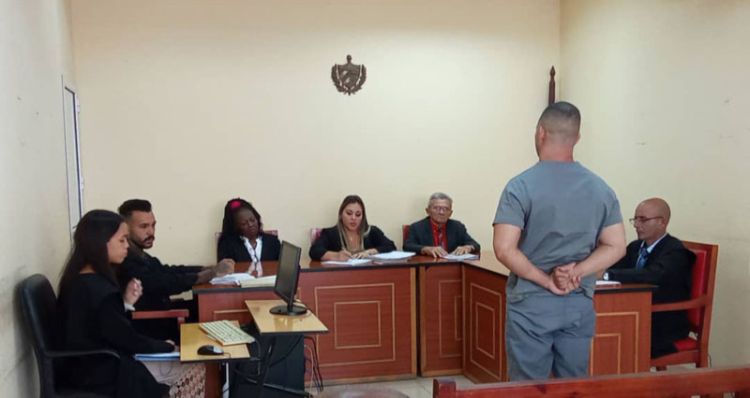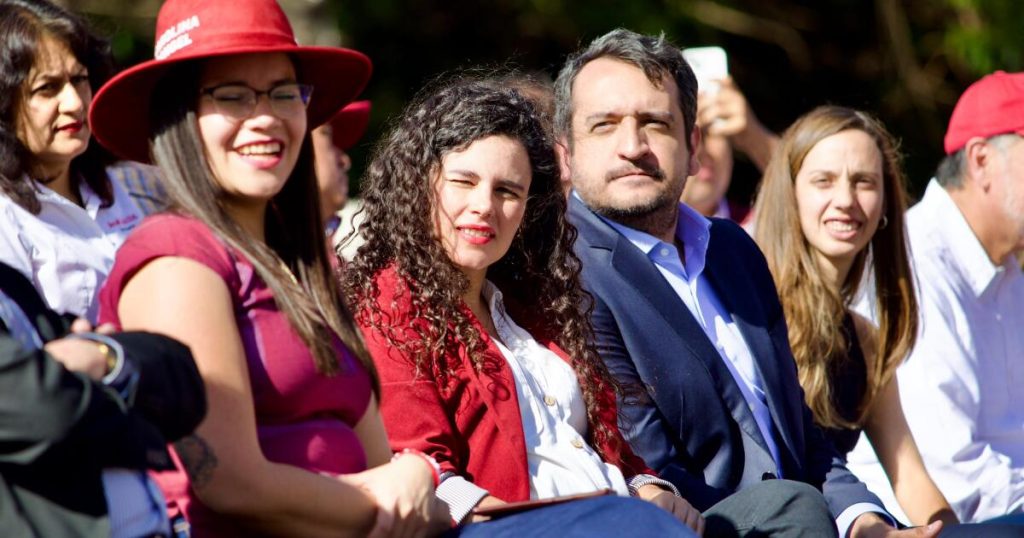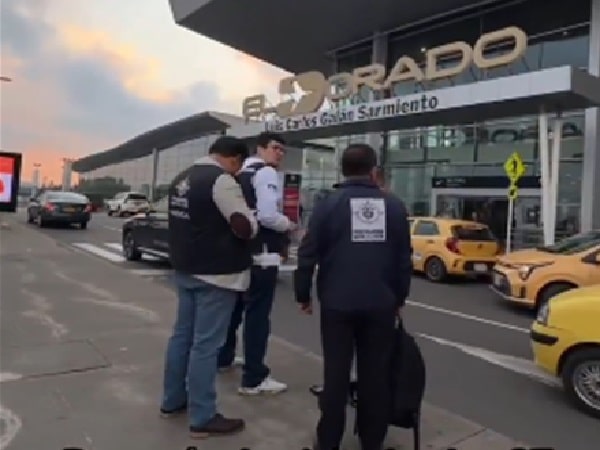AREQUIPA, Peru – The Cuban regime has carried out nearly 800 police operations and closures since it began, last Monday, the so-called “National Exercise to Prevent and Confront Criminal Activities, Antisocial Behavior, Corruption, Illegalities, and Social Indiscipline.” and other harmful phenomena.”
The new crusade of Castroism, promoted by the Communist Party of Cuba, has resulted in “more than 4,000 prophylactic actions, which led to the transfer to police stations of more than 3,300 people involved in crimes and illegalities,” according to Colonel Deniset González. , head of information and analysis of the headquarters of the National Revolutionary Police (PNR).
Also directed by the Government and the Ministry of the Interior (MININT), authorities of the Cuban regime exchanged about the process in the official space Round Table.
In this regard, González pointed out that the group of actions that have been carried out this week as part of the exercise “are a continuity of tasks” that have been deployed during previous periods, and which the MININT has been executing in territories, popular councils and communities of the country.
In relation to the more than 800 police operations and closures, the directive stated that these were carried out in places such as the main arteries of the city, the access roads through the checkpoints, in some sections of roads and the highway. national, where the presence of illegalities has been identified.
He added that “a group of exemplary trials have been developed in all provincial courts.” Likewise, joint work teams have been organized with the Prosecutor’s Office, criminal processes have been evaluated to expedite the conclusion, and evaluate the convenience of carrying out these trials.
The PNR also assures that it pays attention to drug trafficking and consumption, a scourge on the Island aggravated by the lack of action by the authorities.
“In this exercise, investigative processes have been completed, people involved have been arrested, a significant group of money and assets acquired as a result of these activities have been seized, and a group of synthetic cannabinoids have also been seized,” explained the colonel.
González assured that in these cases those involved are detained and investigations continue to expand possible criminal chains, identify modus operandi and cut those narcotics supply chains.
“We have reached communities, but above all our focus has been on schools, due to the effects we have had on these segments,” he highlighted, confirming the problem of drug use among minors.
The colonel indicated that more than a hundred people were taken to court for being involved in the theft and receipt of livestock.
For his part, the deputy attorney general of the Republic of Cuba, Marcos Caraballo de la Rosa, described the “national exercise” as “a forceful response to preserve one of the most precious achievements of the Revolution: citizen tranquility.”
In this sense, he stressed that criminal control was strengthened through the review of more than 1,900 files in the preparatory or certified phase, which allowed a group of them to be completed and advance in the following phases of the process.
He stated that they presented 527 files in the preparatory phase to the courts to request the opening of the oral trial and more than 300 precautionary measures were imposed, of which 83% corresponded to provisional detention for crimes that are a priority in everyday life, such as confrontation with drugs and corruption.
“Four cases were brought into the hands of the courts [de corrupción]in which we are participating in the trials, as usual, so that there is a criminal response in accordance with its severity and the characteristics of the people involved,” he explained.
According to Caraballo de la Rosa, these are corruption processes where many people are involved, some with criminal chains, including directors, officials, workers and others who agreed to appropriate assets, financial and material resources.















